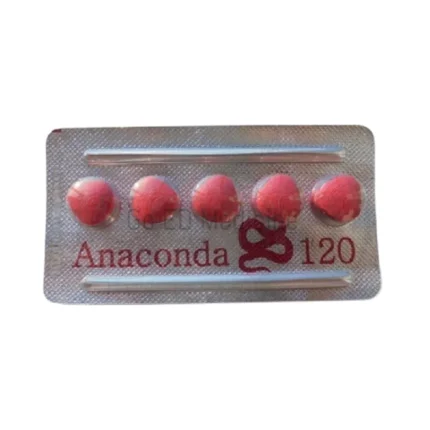
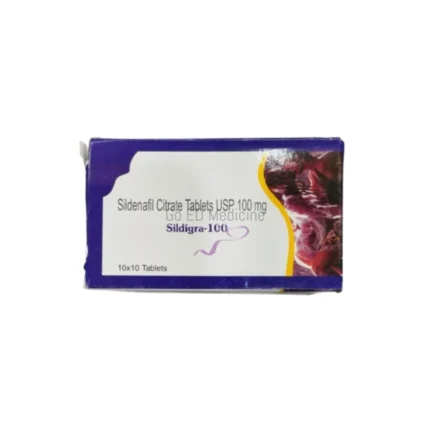
Carbowel 150mg Carboplatin Injection
$50.00 – $200.00Price range: $50.00 through $200.00
| Tablet | Price: | Price/unit | Quantity | Add To Cart |
|---|---|---|---|---|
| 1 Pack | $50.00 | $50.00 /unit | ||
| 3 Packs | $135.00 | $45.00 /unit | ||
| 5 Packs | $200.00 | $40.00 /unit |
Want to order in bulk / B2B price ? | Send Inquiry |
| SKU | GEM308 |
| Manufacturer | Getwell Pharma |
| Categories | Erectile Dysfunction |
| Delivery Time | 10 - 14 Working Days |
| Strength | 150mg |
Introduction to Carbowel 150mg Carboplatin Injection
Carbowel 150mg Injection is a prescription-based chemotherapy medication used in the treatment of various types of cancer, including ovarian and lung cancers. It belongs to a class of drugs known as platinum-based compounds and is administered under the supervision of a healthcare professional.
This injection is typically given through an intravenous (IV) infusion in a clinical setting such as a hospital or oncology center. The dosage and frequency depend on the type and stage of cancer, as well as the patient’s overall health and response to treatment.
Carbowel 150mg is often part of a combination therapy, where it may be used alongside other cancer-fighting medicines to enhance effectiveness. Its use is carefully monitored with regular blood tests to ensure safety and adjust treatment as needed.
What Are The Uses of Carbowel 150mg Injection?
Carbowel 150mg Injection, containing the active ingredient carboplatin, is primarily used in the treatment of various types of cancers. Here are some specific uses of Carbowel 150mg Injection:
- Ovarian Cancer
- Lung Cancer
- Bladder Cancer
- Head and Neck Cancer
How Does Carbowel 150mg Carboplatin Injection Work?
Carbowel 150mg Injection contains Carboplatin, which is a platinum-based chemotherapy agent. It works by binding to the DNA within cancer cells, disrupting their normal function. This interference prevents the cells from dividing and growing, ultimately leading to their destruction and stopping the spread of cancer.
The drug specifically targets rapidly dividing cells, which include cancer cells, making it effective against certain types of tumors. However, it may also affect some healthy cells, which can lead to side effects. Careful monitoring helps balance effectiveness while minimizing harm to normal tissues.
Side Effects of Carbowel 150mg (Carboplatin Injection)
- Nausea and Vomiting
- Hair Loss (Alopecia)
- Kidney Toxicity
- Peripheral Neuropathy
- Fatigue
- Infertility
- Long-term Effects
Drug Interactions
Carbowel 150mg Carboplatin Injection, like any medication, can interact with other drugs, potentially affecting their efficacy or increasing the risk of side effects. Here are some notable drug interactions associated with Carboplatin:
- Nephrotoxic Drugs
- Myelosuppressive Agents
- Neurotoxic Drugs
- Live Vaccines
- Antiepileptic Drugs (AEDs)
- Cisplatin
- Phenytoin
- Warfarin
Manufacturer
Carbowel 150mg Carboplatin Injection is likely produced and marketed by Getwell Pharma. Get Well Pharmaceutical was established in 2002 as a limited liability company. The company was incorporated with the sole purpose of manufacturing and sale of affordable yet high quality generic pharmaceutical products.
Storage
Carbowel 150mg Carboplatin Injection should be stored and handled according to specific guidelines to maintain its stability and effectiveness. Here are typical recommendations for storing Carbowel 150mg Carboplatin Injection:
- Store at a temperature between 2°C to 8°C in a refrigerator.
- Do not freeze the injection as it may affect the stability of the medication.
- Keep the vial in the original packaging to protect it from light exposure.
- Ensure it is stored out of reach of children and pets at all times.
- Do not use the injection after the expiry date mentioned on the label.
- Discard any unused or expired medication properly as per medical waste guidelines.
Dosages
The dosage of Carbowel 150mg Injection is carefully determined by a medical professional based on factors like the type of cancer, body surface area, kidney function, and overall health of the patient. It is usually administered as an intravenous infusion in a hospital or clinic.
Treatment may be given in cycles, typically every 3 to 4 weeks, allowing the body time to recover between doses. The doctor may adjust the dose or delay treatment depending on how the patient responds or if significant side effects occur during therapy.
Warnings And Precautions
Carbowel 150mg Carboplatin Injection, like all chemotherapy medications, carries specific warnings and precautions that healthcare providers and patients should be aware of. Here are important warnings and precautions associated with Carbowel 150mg Carboplatin Injection:
1. Bone Marrow Suppression
- Carboplatin can cause severe bone marrow suppression, leading to decreased white blood cell counts (neutropenia), red blood cell counts (anemia), and platelet counts (thrombocytopenia). Monitor blood counts regularly during treatment and adjust dosages as necessary to manage hematologic toxicities.
2. Renal Toxicity
- Carboplatin is primarily excreted by the kidneys. Patients with impaired renal function are at increased risk of drug accumulation and toxicity. Monitor renal function closely, adjust dosages based on creatinine clearance, and consider alternative treatments if renal function deteriorates.
3. Allergic Reactions
- Serious allergic reactions, including anaphylaxis, have been reported with carboplatin. Patients should be monitored closely during administration for signs of hypersensitivity reactions such as rash, itching, fever, chills, and difficulty breathing. Immediate medical intervention is required if an allergic reaction occurs.
4. Neurotoxicity
- Carboplatin can cause peripheral neuropathy, manifesting as tingling, numbness, or pain in the hands and feet. Monitor for symptoms and consider dose adjustments or discontinuation if neurotoxicity becomes severe.
5. Gastrointestinal Effects
- Nausea, vomiting, diarrhea, and mucositis (inflammation of the mucous membranes) are common gastrointestinal side effects of carboplatin. Use anti-emetics prophylactically and provide supportive care to manage gastrointestinal symptoms.
6. Hematologic Monitoring
- Regular monitoring of complete blood counts (CBC) is essential to detect hematologic toxicities promptly and adjust treatment accordingly.
7. Secondary Malignancies
- Long-term use of carboplatin has been associated with an increased risk of secondary malignancies. Monitor patients for signs and symptoms of new cancers during and after treatment.
8. Handling and Administration
- Carboplatin is a cytotoxic drug and should be handled with caution. Healthcare providers should follow established guidelines for safe handling, preparation, and administration to minimize exposure to the drug.
Frequently Asked Questions
1. How Often Will I Receive Carbowel 150mg Injection?
Ans. The frequency of Carbowel 150mg Carboplatin Injection administration depends on the specific treatment regimen prescribed by your healthcare provider. Typically, it is administered every 3 to 4 weeks, but this can vary.
2. What Should I Do If I Miss A Dose Of Carbowel 150mg Injection?
Ans. It’s important to follow your healthcare provider’s instructions regarding the timing of your chemotherapy sessions. If you miss a dose or have any concerns, contact your healthcare team immediately for guidance.
3. Can Carbowel 150mg Injection Affect Fertility?
Ans. Yes, Carboplatin can affect fertility, particularly in men. It may cause temporary or permanent damage to the ovaries or testes. Discuss fertility preservation options with your healthcare provider before starting treatment if fertility preservation is a concern.
4. How Long Will I Need To Take Carbowel 150mg Injection?
Ans. The duration of treatment with Carbowel 150mg Carboplatin Injection varies depending on the type and stage of cancer being treated, as well as your individual response to the medication. Your healthcare provider will outline a treatment plan and monitor your progress throughout the course of therapy.
| Pack Size |
1 Pack ,3 Packs ,5 Packs |
|---|---|
| Price/Unit |
$40/unit ,$45/unit ,$50/unit |

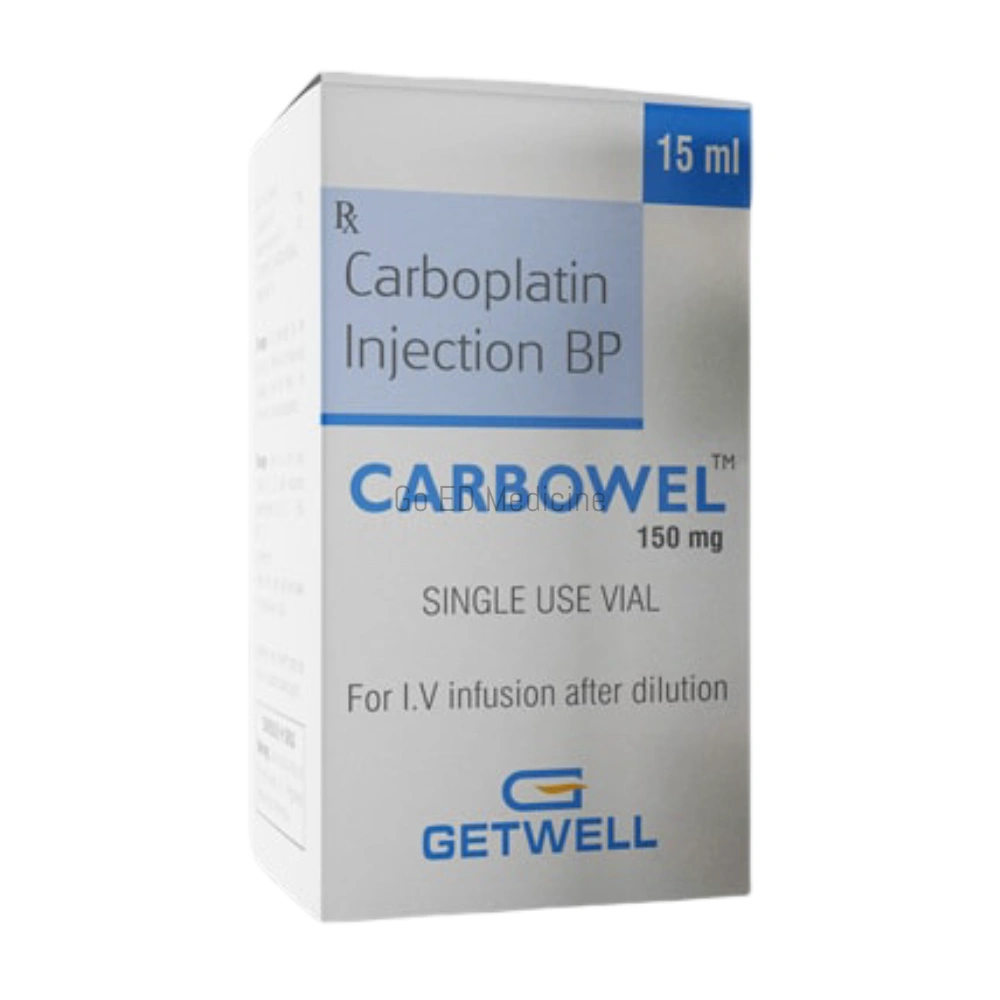
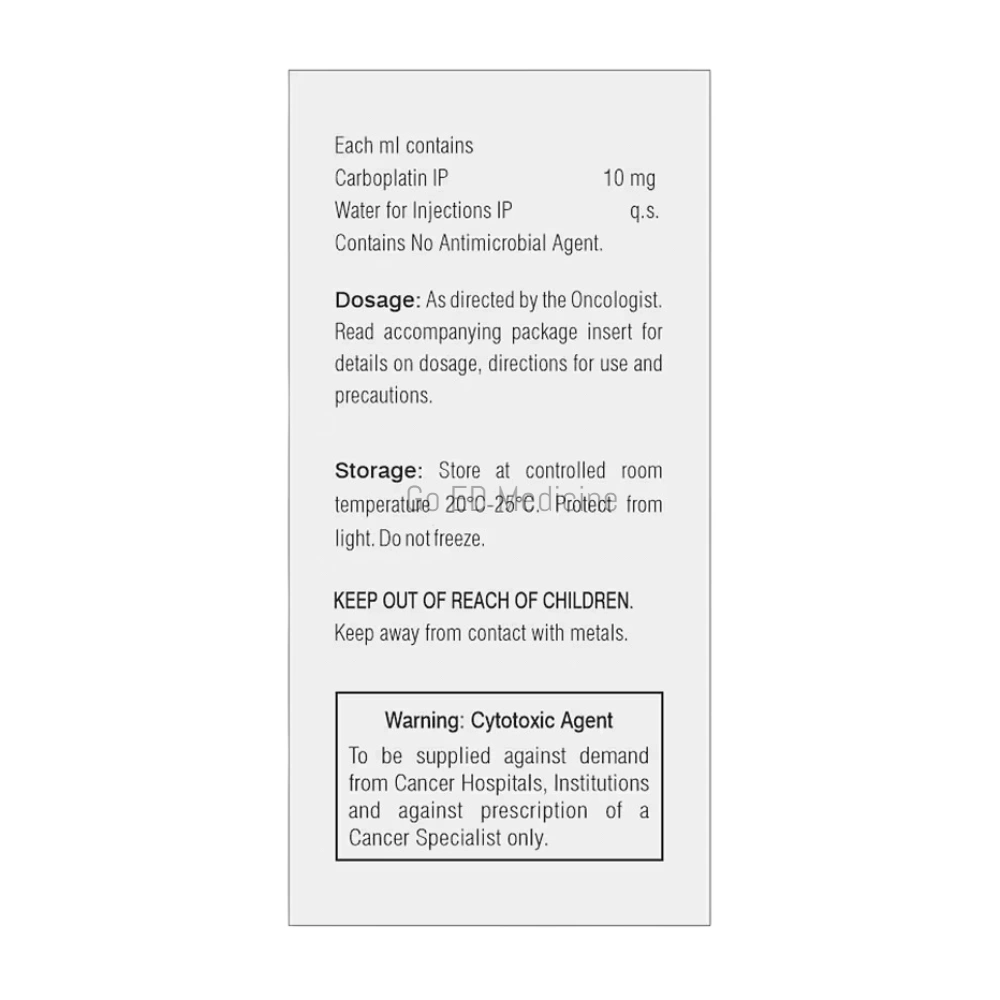
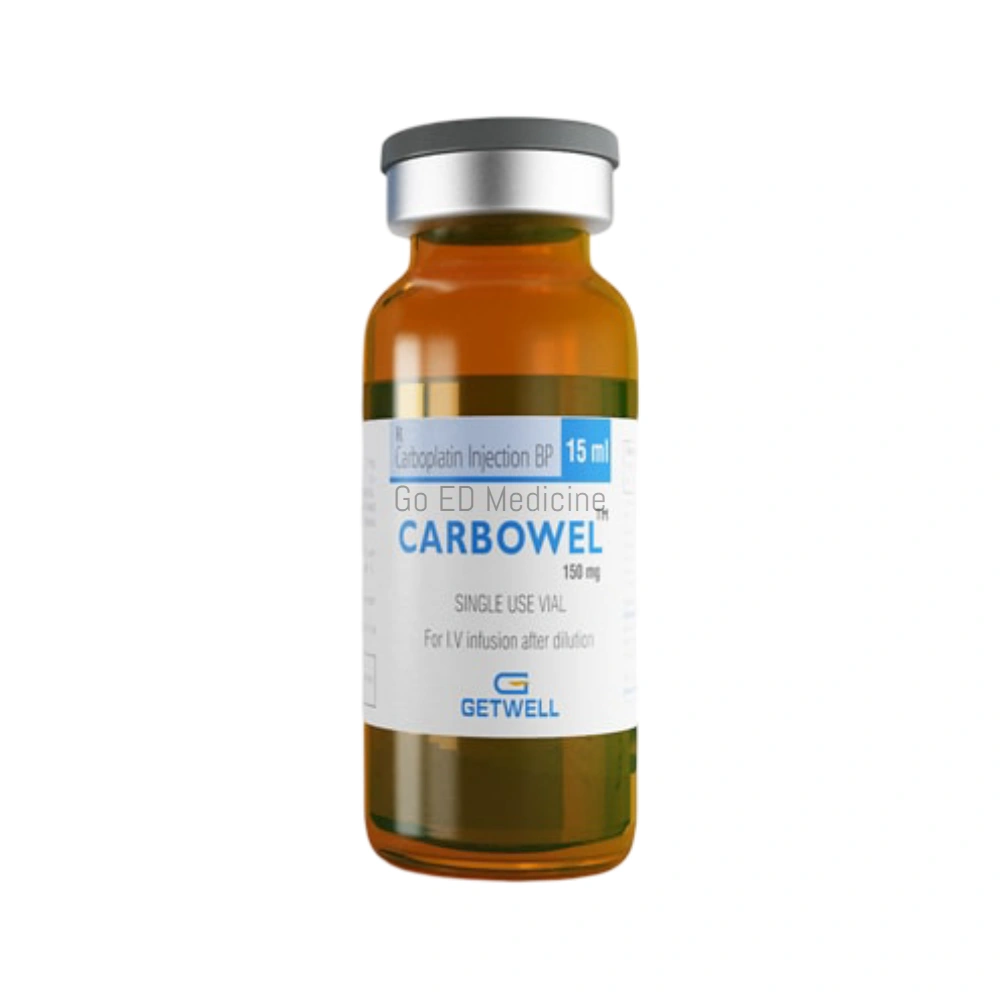
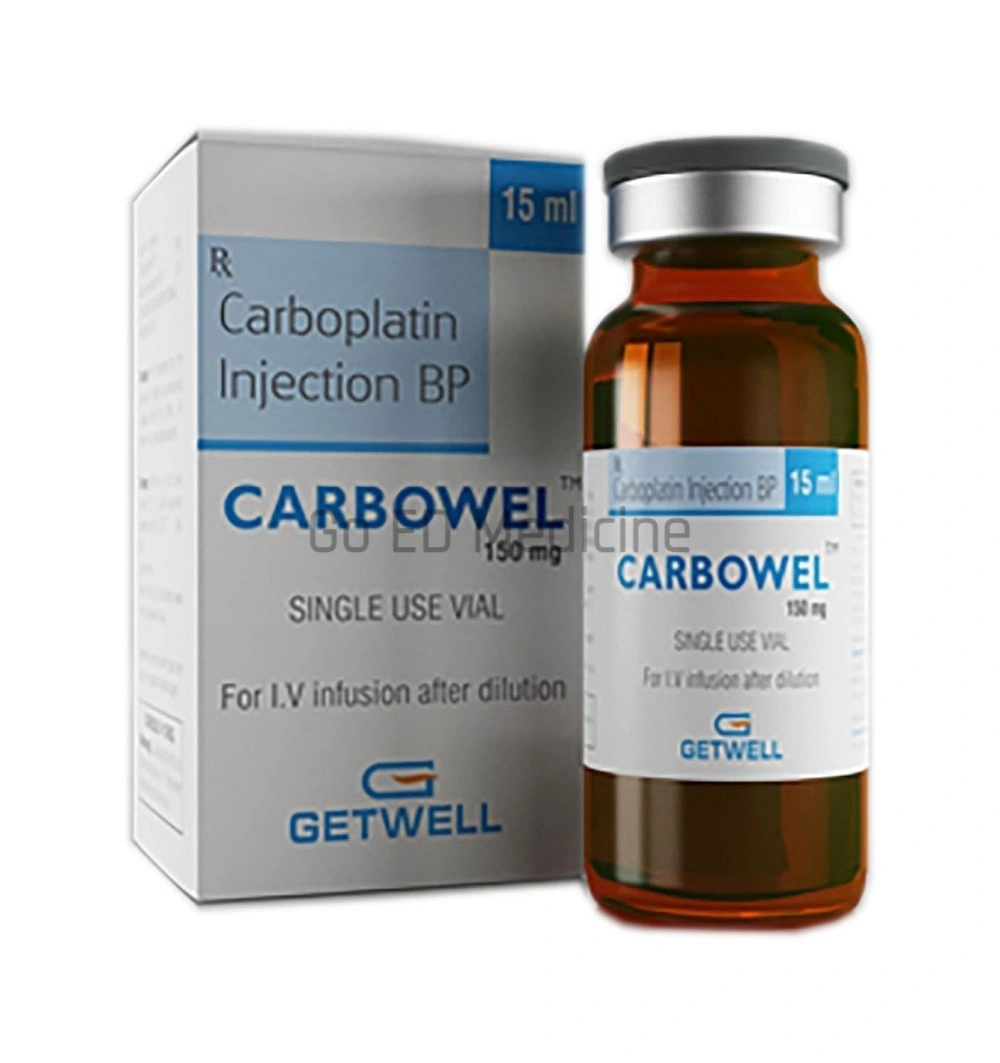
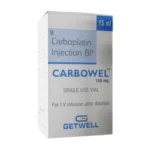
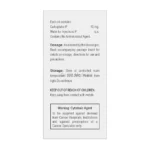
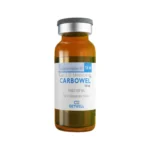
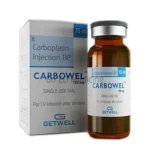
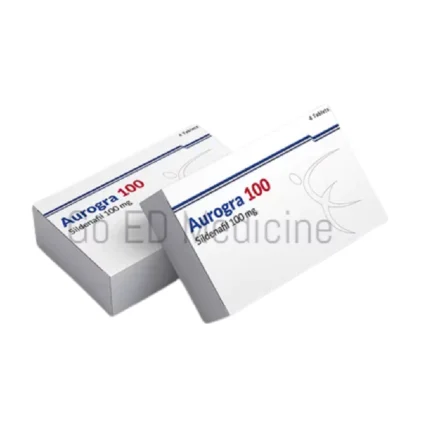
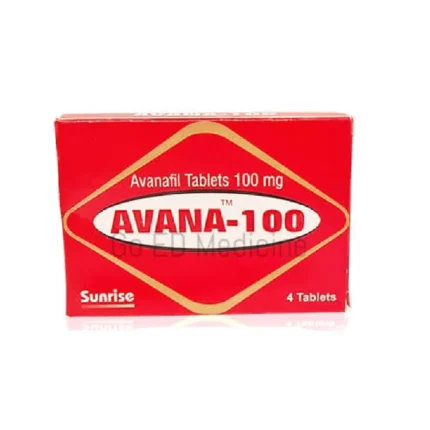
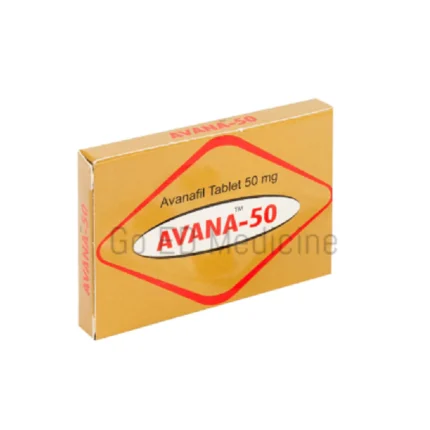


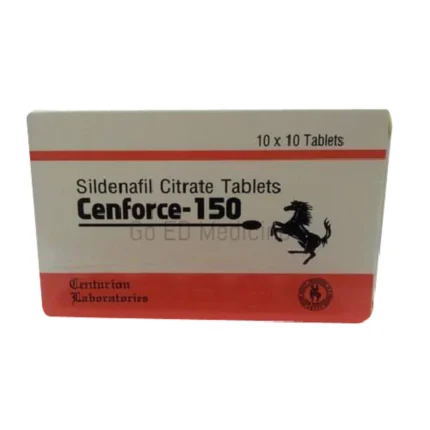


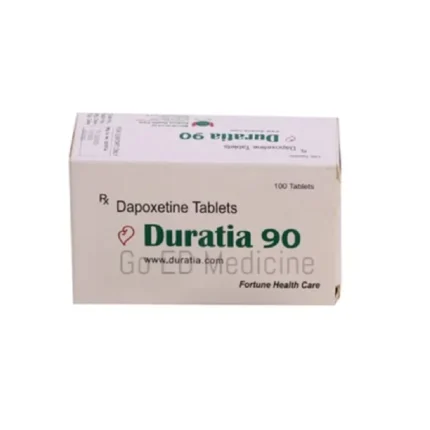
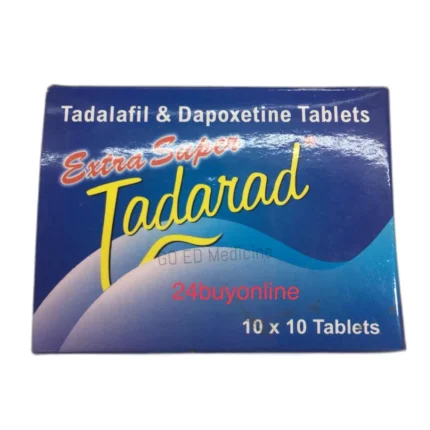


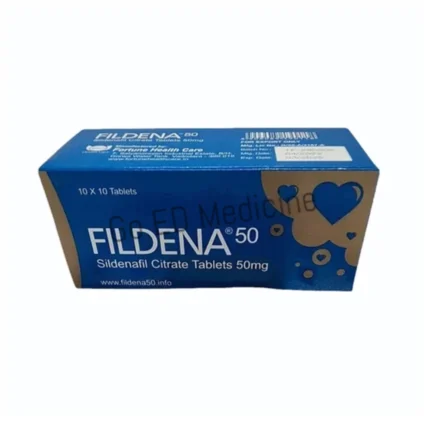





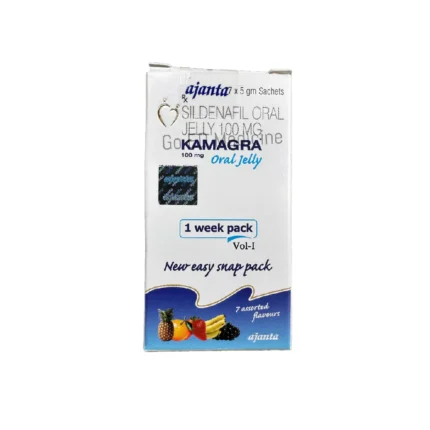



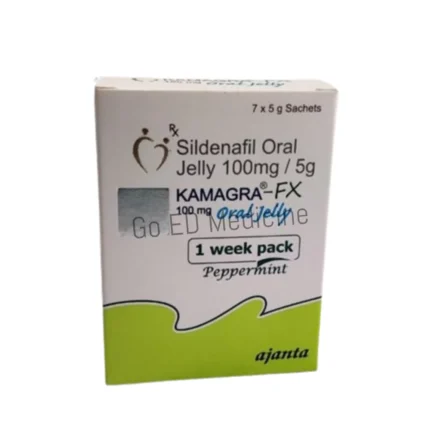

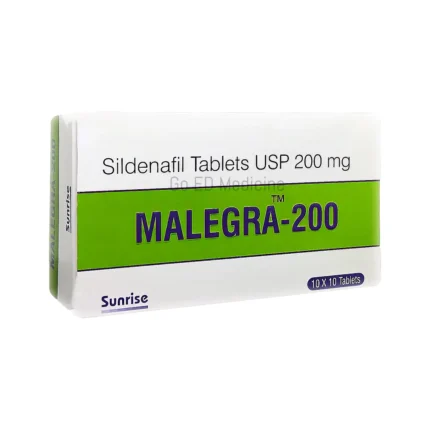
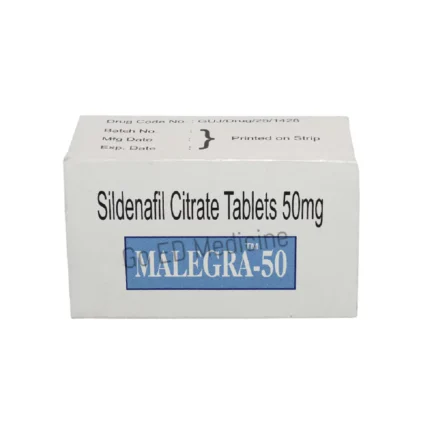



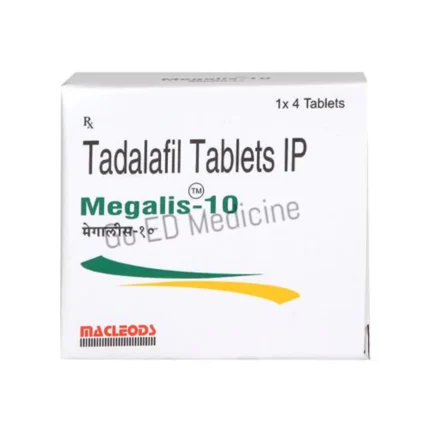
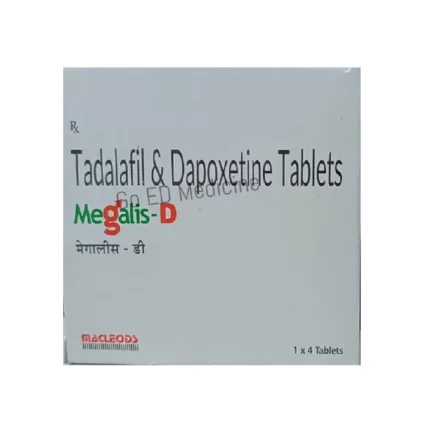


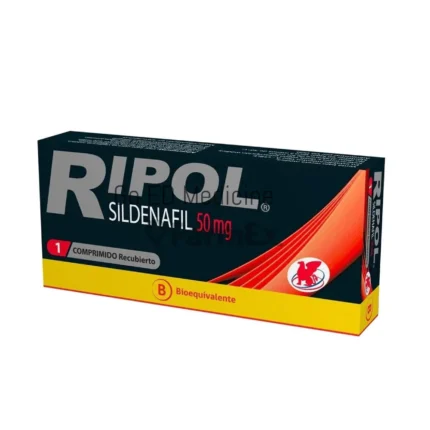

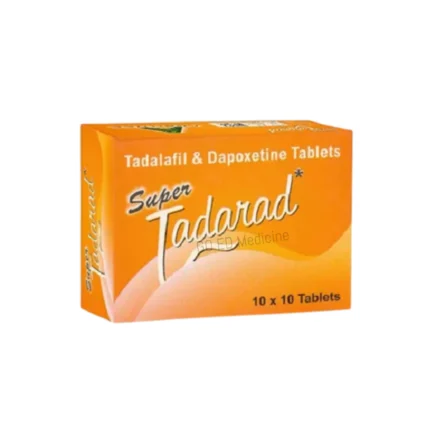
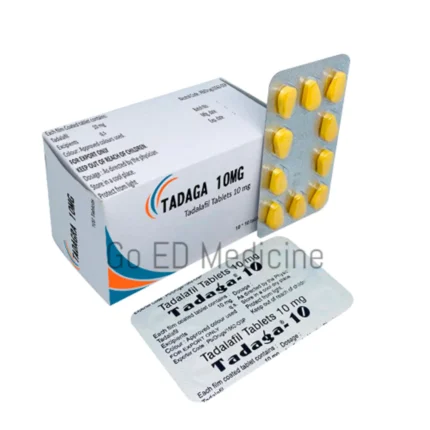
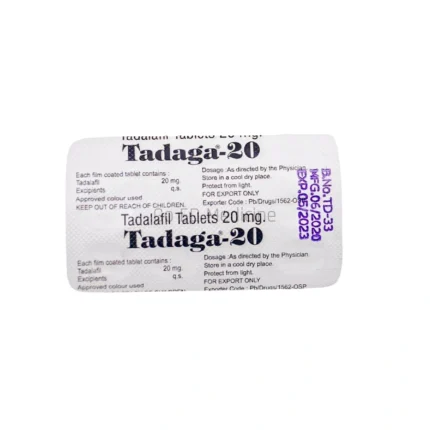
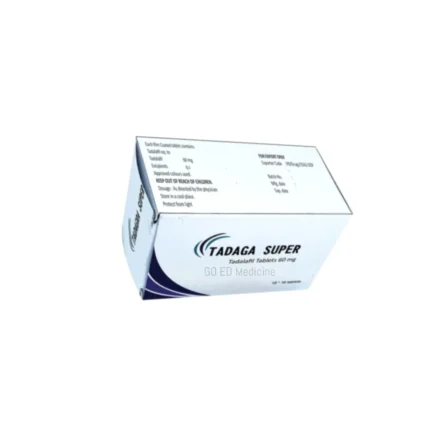
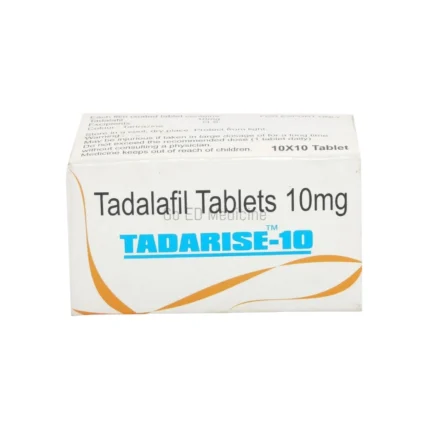
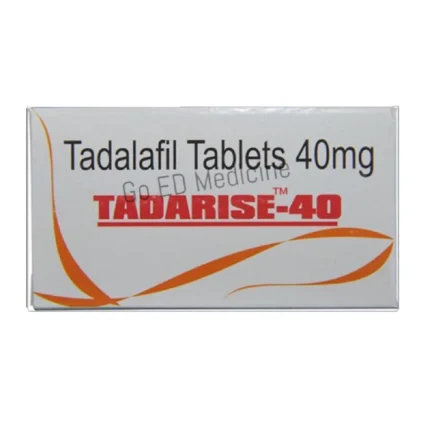
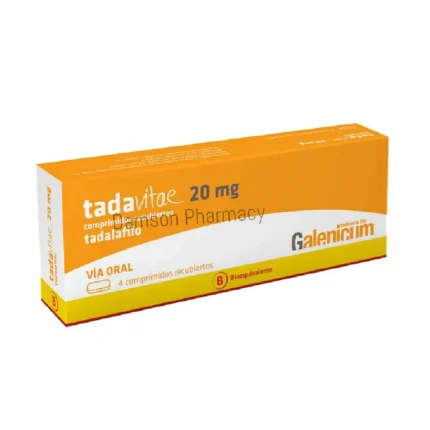
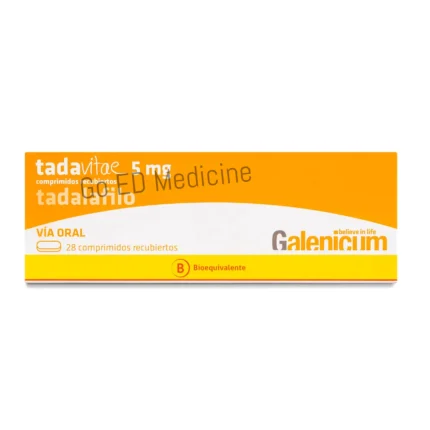
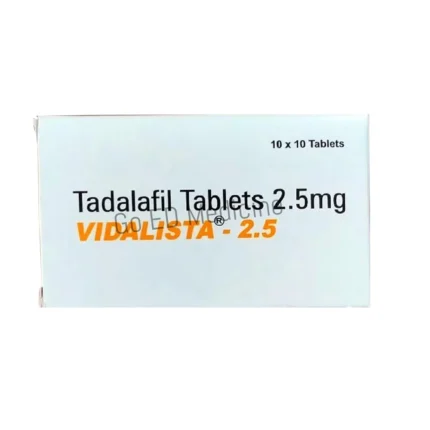
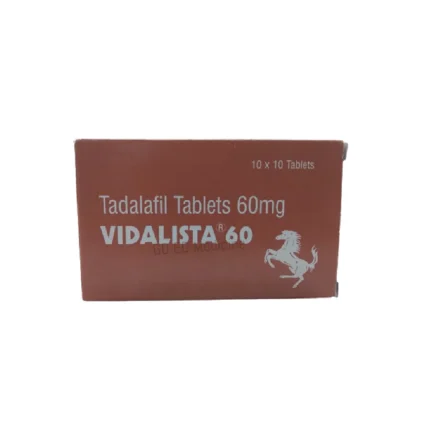
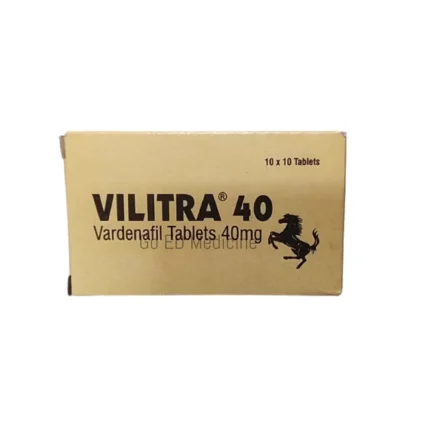
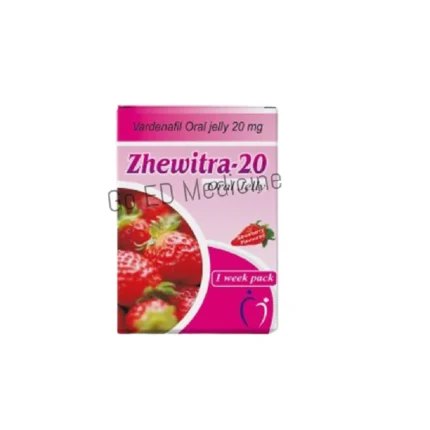
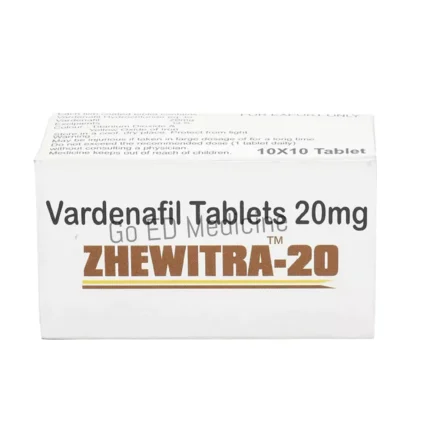
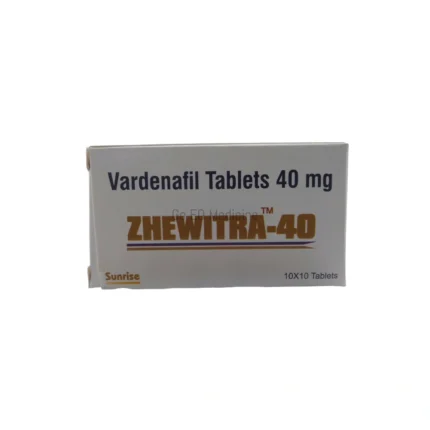
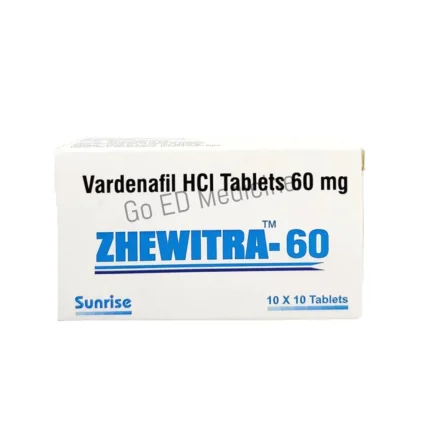
Reviews
There are no reviews yet.